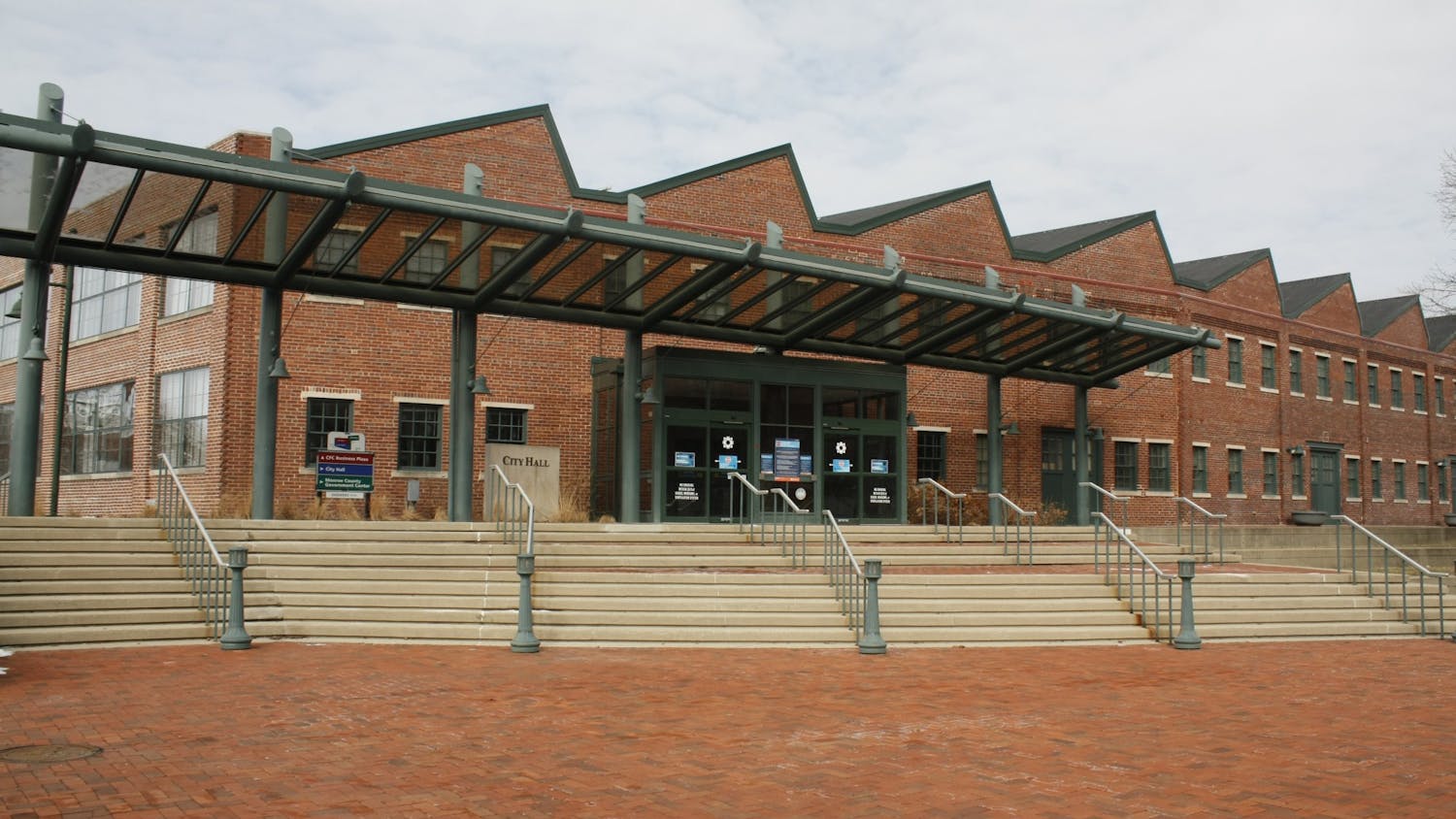Junior Philipp Bonkat, born and raised in Zambia to German parents, said baseball typifies the United States' narrow-mindedness.\n"They play baseball amidst themselves and call it a WORLD series," he said chuckling.\nAfrica is home to more than 50 countries, but most people don't know where Zambia is, Bonkat said.\n"I can tell them (Americans) Zambia is in Asia, South America or Australia, and they'll believe me," he said.\nOnce people discover Zambia is in Africa, they'll proceed to ask Bonkat, a fair-skinned economics major with light brown hair, why he's not black.\nThough Americans may appear egotistical and naive, Bonkat said, people in Zambia are always impressed when he tells them he's studying in America.\n"The world needs America more than America needs the world (economically)," Bonkat said.\nIn recent weeks, America has dealt with countless accusations of egocentrism. Newsweek investigated "Why America scares the world?" \nDespite crash courses in Mideast Geography 101, Americans in the post-Sept. 11 world remain relatively clueless compared to Europe and parts of Asia.\nAmericans took second to last place in a 2002 National Geographic Society survey. They averaged a slim 23 out of 56 questions.\nFifteen years ago, 20 percent of young Americans couldn't find the United States on a blank map, according to a similar survey by NGS.\nFortunately, Americans have found a compass to point them in the right direction.\nAs of 2002, the statistic dropped to 10 percent.\nNationally and locally, people are working toward greater global understanding.\nThe Association of American Geographers and the National Geographic Society have established national geography standards in an effort to give k-12 students a larger dose of global culture.\nThe IU International Resource Center has created "Indiana in the World," a curriculum guide focusing on Indiana's global, cultural and political role.\n"I don't think you can paint Indiana with one color," IUIRC Director Shawn Reynolds said. "Fort Wayne has the largest Burmese refugee population outside of Burma."\nExperts say the face of Indiana is transforming. \nThe state is home to over 300 foreign-owned companies.\n"You could be going to work, and your co-worker may not speak English," Reynolds said.\n"This isn't something esoteric, we're already global," Reynolds said. "We don't have the luxury of shutting ourselves off from the rest of the world."\nSince almost everybody speaks English and knows where the United States is located on a map, some Americans don't see a need to know other languages and countries.\nReynolds disagrees. Despite English's pervasiveness, he said knowing a second language helps break down the cultural baggage people carry and allows them to communicate more effectively. \n"Learning a second language makes you more sensitive to cultural differences," he said. \nEven with the familiarity in speaking English, geography department chair Dan Knudsen said foreigners may carry different fundamental beliefs. \n"It's awfully presumptuous of us to think that everyone thinks the same way we do," Knudsen said.\nThe United States needs to grasp a more concrete sense of international geography in order to survive in the future, he said.\n"In the last half of the century, we've had the luxury of not having to understand why other countries do the things they do," Knudsen said. "But I think clearly those days are numbered."\nWith the rise of China and the European Union, the supremacy of the United States will diminish over the next 25 years, Knudsen said.\nThough Americans may not know Iraq from Iran, the NGS survey showed they understood the significance behind the map. Americans may not be able to find Afghanistan on a globe, but they know its association with al Qaeda.
US geography report card: F
American egocentrism leads to near-flunking geography knowledge
Get stories like this in your inbox
Subscribe





